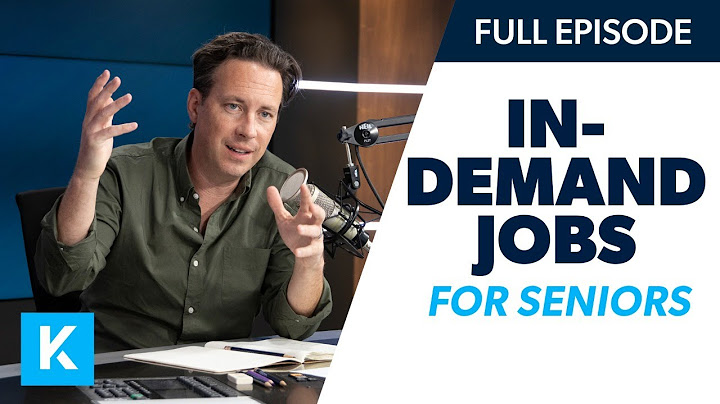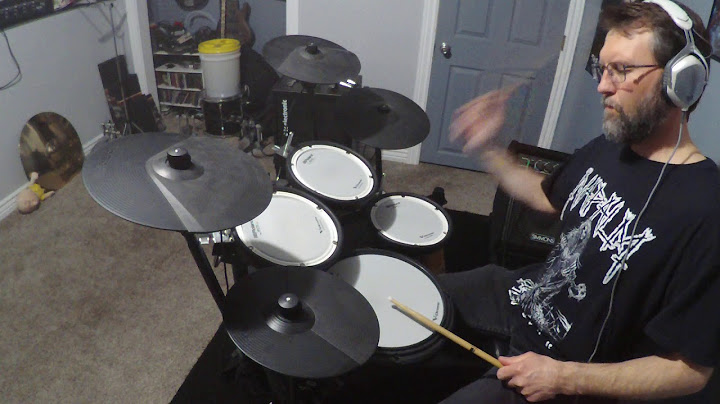A potential employee’s attention to detail can be a critical trait for a successful fit, but difficult to judge accurately in the short window of an interview if you don’t intentionally assess it. Below are five interview questions you can ask to help with this assessment. Show Before the Interview Before the candidate even steps into the interview, take errors and typos in their cover letter and resume seriously, as it both suggests a lack of precision and lack of thorough review. You can also learn a great deal from how a person presents themselves. While you never want to judge on appearance alone, if a person arrives disheveled and pulls wrinkled resumes out of a plastic bag, you can make some assumptions about their general attention to small things. “How do you make sure you’ve understood the key aspects of an assignment?” Detail orientation starts with knowing what the details are in the first place. It isn't only about precision. This question allows you to gauge whether a candidate can comprehend and internalize an assignment, and if they have cultivated the skills and strategies necessary to make sure that they can do this repeatedly. It also taps into whether they can communicate effectively with supervisors, co-workers, and customers. “What processes do you use to prevent mistakes?” A talent only becomes useful when it is honed and perfected. If a candidate can't describe how they maintain their attention to detail, it's likely they don't do it on a regular basis. “Tell me about a time you worked on a project that required absolute accuracy.” Perfecting any skill requires practice. Imagine you want to hire a violinist. You’d asked them how often they practice. They respond, “Never…actually, I just bought the thing yesterday." With an answer like that, they probably aren't joining your symphony. Similarly, a person who has been forced to keep tabs on small details in their previous work is likely to have developed stellar habits. The more experience they have, the better. “Tell me about a time you had to complete an important project on a tight deadline.” It's easier to be accurate when you have a lot of time and can produce work at a leisurely pace. Things get more harried when schedules constrict. The real test of a person's precision comes when they have to achieve on a tight deadline. People who have produced mission-critical work under time pressure are a safer bet than candidates who have never had to face that tension. “Tell me about a time you made a mistake and what you did to correct it.” Even the most detail-oriented person will eventually make a mistake. It's a matter of percentages. Detail-oriented employees will make very few errors. Sloppy employees will make many. Beyond gauging a candidate’s probable accuracy, you’ll want to know how they’ll respond when they eventually do make a mistake. You don't want someone who is going to get defensive or try to cover up the error. You want someone forthright and willing to correct the misstep. Looking to take the guesswork out of finding precise and attentive employees? United Personnel has a variety of formal prescreening tools for both job-specific skills and soft skills to bring in the talented, detail-oriented workers you require in order to take your team to the next level. Contact United Personnel today to find out more. One of the most commonly asked questions regarding getting a new job pertains to how to interview well. One of the biggest problems with determining how to perform well during a job interview is that you can’t possibly know which questions an interviewer is going to ask. In some cases, you might even know who will be conducting an interview. TOP 30 job interview questions and answers The good news is that there are a few things you can do to prepare for an interview. One of them is to list potential interview questions and to compose brief answers. You probably don’t want to memorize the answers since you don’t know exactly what the questions will be, but you can give yourself some good talking points if you pay attention to detail. The reason it’s important to pay attention to detail when you are preparing for an interview is because it can allow you to seem more engaged and more serious about the job. Here is an example. If you are interviewing for a sales position with a firm that sells auto products, you don’t just want to talk about what a talented salesperson you are. Instead, you want to talk specifically about how your skills and experience make you perfect for selling auto parts. You can talk about your knowledge of the trade and your understanding of the industry. Attention to detail is also important when it comes to showing that you are interested in a particular company. What you should do is learn about a potential employer’s history, values, and clients, this way you can tailor your answers to their needs. In the past, this was a difficult and time consuming task. Nowadays because you have access to the internet, you can learn everything you need to know about a company in a short period of time. Finally, pay attention to detail when it comes to describing yourself. When describing your interests and skills, it’s always a good idea to talk about specific experiences. Tell stories about the times you performed well at your job. For instance, when you are interviewing for a sales position, talk about a great sale that you made.  How to Answer Interview Questions About Your Attention to DetailSpeak about techniques you use to make clients interested. Remember that a potential employer is probably going to check on your references, so it’s important that you don’t fabricate or exaggerate your answers. There is nothing wrong, however, with painting yourself in a good light. Interviews can be stressful. Even the most confident professionals may get a little bit nervous before an interview, especially if they want a job. Rushing the process and just trying to get it over with as soon as possible are often the wrong way to go about things. Instead, you need to pay attention to detail, this way you can go into an interview knowing exactly what you are going to say. Some of the most successful interviewees will make a list of talking points, each with a set of details that they can mention. You don’t have to memorize this information, but you should know it well enough that you can use the data to answer questions succinctly. What is a good example of attention to detail?Those who make daily to-do lists, religiously maintain their schedules, and track their own workflows are naturally paying close attention to detail.
How do you describe your attention to detail in an interview?Example: "I believe a detail-oriented person is a good listener and a strong communicator and very organized. Being able to listen, take notes and ask questions for clarification helps me better understand my tasks so I can stay focused on them.
How do you answer attention to detail question?The STAR (Situation, Task, Action, Result) method is a great tool to use when answering detail-oriented-related questions. To use this method, begin by providing relevant details about the example you're providing that demonstrates your detail orientation. Then, describe the role you played in that situation.
How do you demonstrate attention to detail and accuracy?People who pay attention to detail don't just get it right on the first try; they review their work to see what details they missed on the first go around. Set aside time to review your work before the deadline to catch these details. Give yourself a cushion of time, so you're not rushing through any edits.
|

Related Posts
Advertising
LATEST NEWS
Advertising
Populer
Advertising
About

Copyright © 2024 paraquee Inc.


















